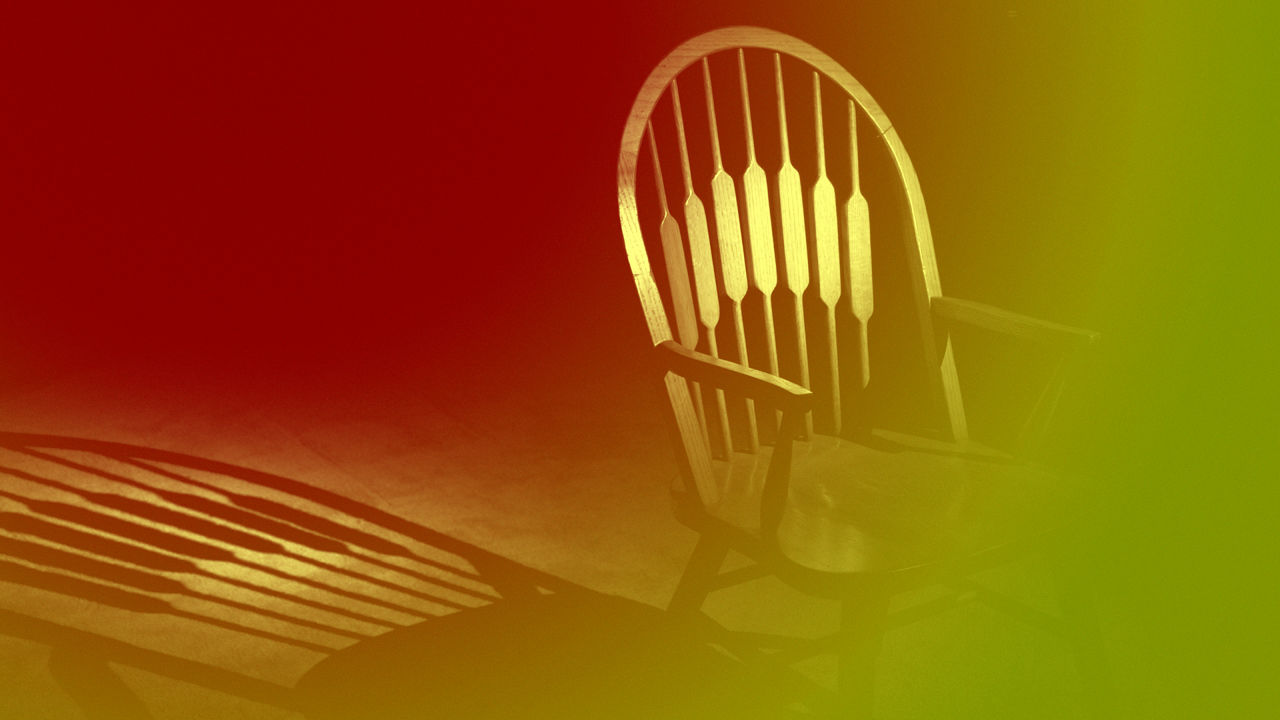Three Simple Rules For Answering The Toughest Interview Questions
Let’s see if this scenario sounds familiar: You’re in the interview hot seat, but so far, you’re pretty sure you’re nailing it—until the hiring manager throws you a curveball. The dreaded “What’s your biggest weakness?” comes up. Or better yet, “Why are you leaving your current job?” We know you’re thinking of your favorite four-letter word.
“Negative” interview questions—the ones that seemingly want you to discuss a personal weakness—are in fact designed to reveal your interpersonal skills and self-awareness. Employers want to hire someone who can acknowledge shortcomings, work well with team members, and commit to personal and professional development.
“When interviewers ask negative questions,” says Alyssa Gelbard, founder of New York City–based career consulting and personal branding firm Resume Strategists, “they want to know the actual answers to the questions, how you handle something challenging, as well as your level of self-awareness and honesty.”
She adds that negative interview questions often highlight an insecurity or strong emotion because the interviewer wants to test your confidence as well as whether you take responsibility or blame someone else. We asked job search and career experts to share tips for answering negative interview questions honestly, diplomatically, and professionally.
Be Truthful
Employers are not looking for someone who has never made mistakes; they realize no one is perfect. “Be honest,” recommends Eileen Carey, the CEO of Glassbreakers, a San Francisco-based enterprise software solution firm. “You want an employer to hire you as your most authentic self. Admitting to your flaws and failures makes you more human and more relatable.”
However, be smart when deciding which weakness to bring up to your interviewer. “Don’t share a weakness that is mission critical to the job you’re interviewing for,” says Jamie Petkanics, founder of the New York City–based job-search consultancy The Prepary. “For example, public speaking is probably a fine area of weakness for an accountant, but not for someone in sales.”
Demonstrate Commitment To Improvement
When you acknowledge a weakness, it’s important to also explain to the interviewer how you responded to a past mistake and what lessons you learned for the future. For instance, if you missed a crucial deadline and annoyed a client (and your boss), explain that you apologized to the client, fessed up to your boss, and came up with a solution for better time-management and organizational skills.
Avoid Trashing Others
Another popular negative interview question is how you deal with difficult people, including your colleagues, employers, and working environment. Be tactful. Conflicts and challenges are present in most every office environment, so the key is to show that you are able to act professionally, not emotionally.
“Never make negative comments about your current company, boss, or coworkers,” says Gelbard. “Focus on your desire for career growth.” Explain what you hope to gain from your new role that your current or old role simply couldn’t offer you. (Extra points if your explanation highlights some of the characteristics of the place where you’re interviewing!)
Heed this advice and you’ll demonstrate to your interviewer that you have winning interpersonal skills and are professional and committed to growth. What prospective employer wouldn’t want that? (Trick question.)
This article originally appeared on Monster and is reprinted with permission.
Fast Company , Read Full Story
(17)



